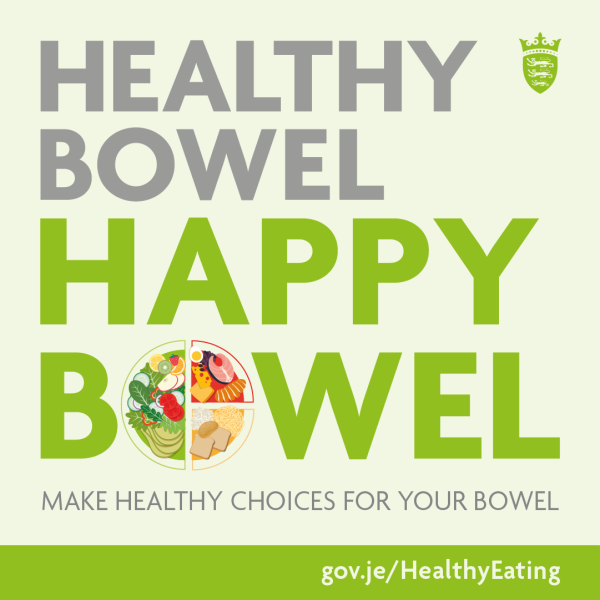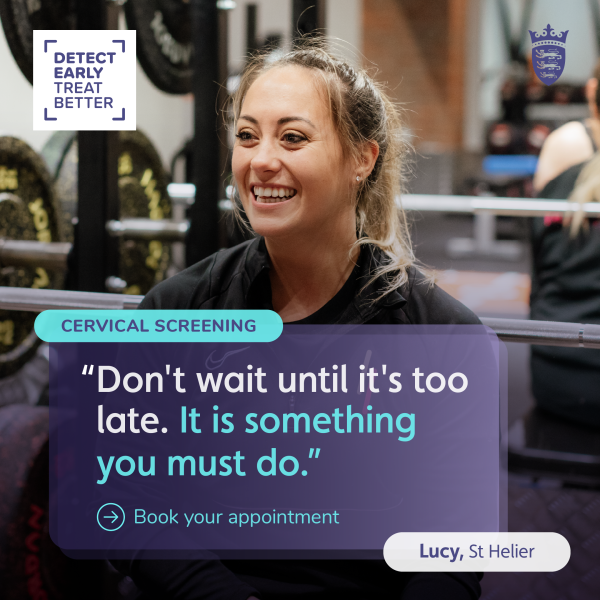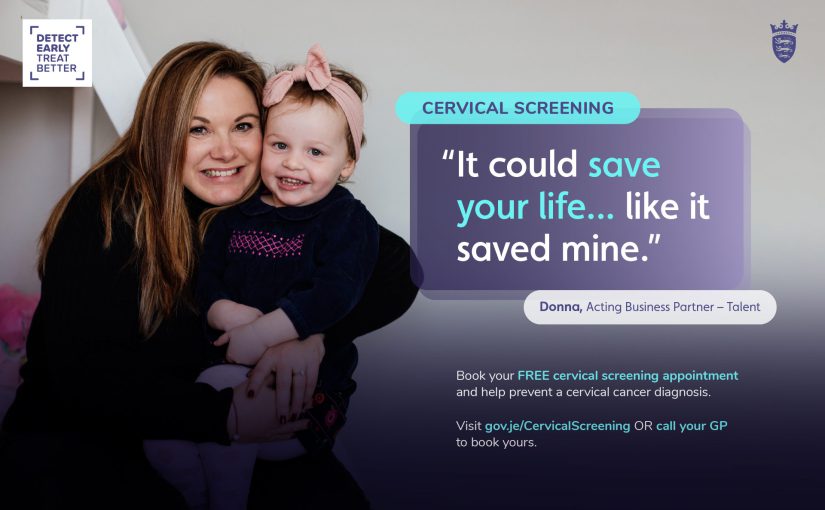Supporting people to adopt healthier behaviours to improve their health and wellbeing is becoming increasingly important, and one way to do this is through health improvement campaigns. These help people gain the knowledge and skills to change existing habits, so they can stay healthier throughout their lives. This year, Public Health and other government departments have delivered a series of campaigns to raise awareness about the importance of cervical screening, healthy bowel habits, stopping smoking, eating a balanced diet, and breastfeeding.
A health improvement campaign tries to develop a personal connection to people by sharing real stories that we can all relate to. Campaigns need to be appropriate for each audience and this happens by understanding what motivates and inspires different people to adopt a healthier outlook. Campaigns are often based on scientific research which looks at the barriers people experience, and the measures people find most acceptable. Campaigns need to appeal to different groups, and knowledge about how to develop the best approaches relies on research.
Small steps matter and even small steps can make a big difference to health. The small improvements we notice can help motivate us, can help build our confidence, and can help us keep going over time or increase our belief in our own ability. Small changes among many people can also start to have a significant impact on health across communities and wider populations.
Healthy Bowel, Happy Bowel Campaign

The Healthy Bowel, Happy Bowel campaign which ran during April as part of Bowel Cancer Awareness Month, aimed to make Islanders aware of small changes they can make to their diet to prevent bowel cancer and other diseases. The campaign’s comprehensive tips covered a range of issues, including eating well, fibre and hydration, staying physically active, and making mindful choices about alcohol and smoking. Such holistic guidance is pivotal in guiding individuals towards overall better health and wellbeing.
Our top tips for good bowel health include:
Eating well
We should aim to have half of our plate filled with fruit and vegetables, while the other half is split equally between protein sources and starchy foods.
- Have at least 5 portions of fruit and veg each day
- Eat fish, chicken, eggs, meat substitutes such as tofu, Quorn®, lentils, or beans. Limit red meat and avoid processed meat
- Try to choose wholegrain varieties of carbohydrates whenever you can
- Limit food and drink that are high in fat, salt, or sugar, such as cakes, crisps, sweets, and fizzy drinks
Fibre and Hydration
Eating a diet rich in fibre, which includes plenty of fruit, vegetables, and whole grains, as well as staying hydrated, has a significant positive impact on your bowel health.
Limiting fibre intake would be recommended in some circumstances such as bowel obstruction. For some medical conditions such as diverticular disease, irritable bowel syndrome, inflammatory bowel disease you might need to alter your fibre intake depending on your symptoms/flare ups. Please speak to your health professional for advice about this.
Physical activity and a healthy weight
Being more physically active is linked to lower risk of bowel cancer and can help you keep a healthy body weight and feel good.
Alcohol and smoking
Alcohol is linked to seven types of cancer including bowel cancer.
If you do drink alcohol, keep the amount you drink as low as possible with an upper limit of no more than 14 units a week. The less you drink, the lower your risk of cancer.
Smoking causes at least 15 different types of cancer and increases your risk of bowel cancer.
If you are considering quitting smoking altogether, the Help2Quit service offers free, confidential and specialist support. You are three times more likely to stop smoking for good with specialist support than if you try to do it alone.
We have recently launched our online health app library which features trusted apps to help support your health and wellbeing, including helping you monitor your alcohol intake. Visit IslandLiving.orchahealth.com for more information and support.
Cervical Screening Campaign
The cervical screening campaign, which ran earlier this year, was aimed to raise awareness of the free opt-in service for eligible women and Islanders with a cervix. Using images and quotes from Islanders, we wanted to de-stigmatise and normalise screening through relatable spokespeople. The campaign emphasised the importance of early detection through regular screening, which plays a crucial role in preventing and addressing potential health concerns.

In Jersey, cervical screening is offered to women and Islanders with a cervix aged 25-49, every 3 years and for those aged 50-64 every 5 years. The test checks the health of the cervix and involves taking a small sample of cells from the surface of the cervix. This helps to detect Human Papillomavirus (HPV) as well as spotting abnormal changes so they can be treated early.
To participate in the screening programme, you can either book your free test by calling your GP or Le Bas Centre on 01534 44378. More information is available at gov.je/CervicalScreening.
As these campaigns continue to have a significant impact on individuals’ lives, it’s important to recognise their more general role in raising awareness about how we can positively affect our own health. The campaigns emphasise the importance of information, community, and support in shaping a healthier and happier population. I hope Islanders continue to embrace and engage with these health improvement campaigns, as they hold the potential to improve our individual wellbeing and the health of our community.
 blog.gov.je
blog.gov.je